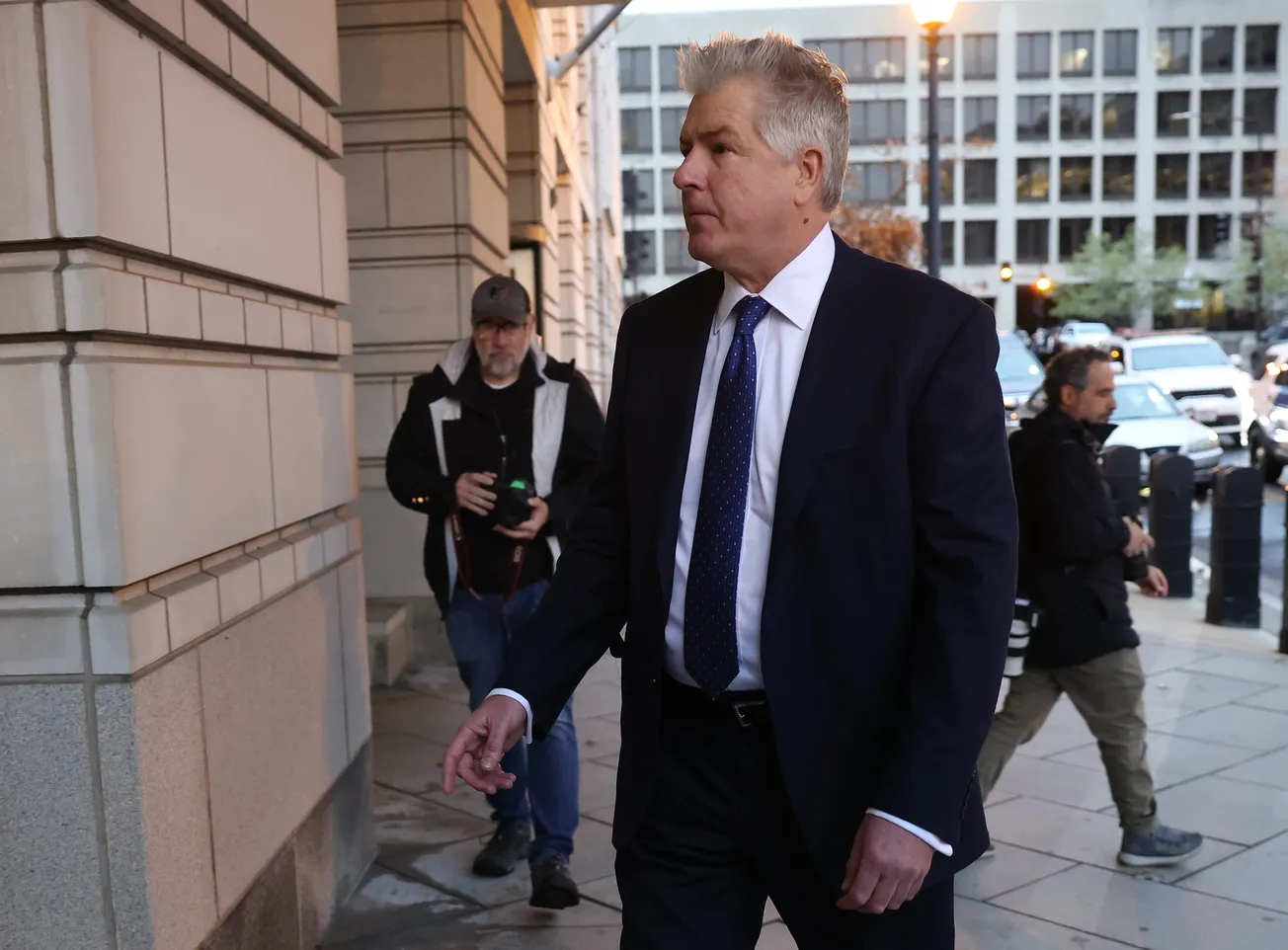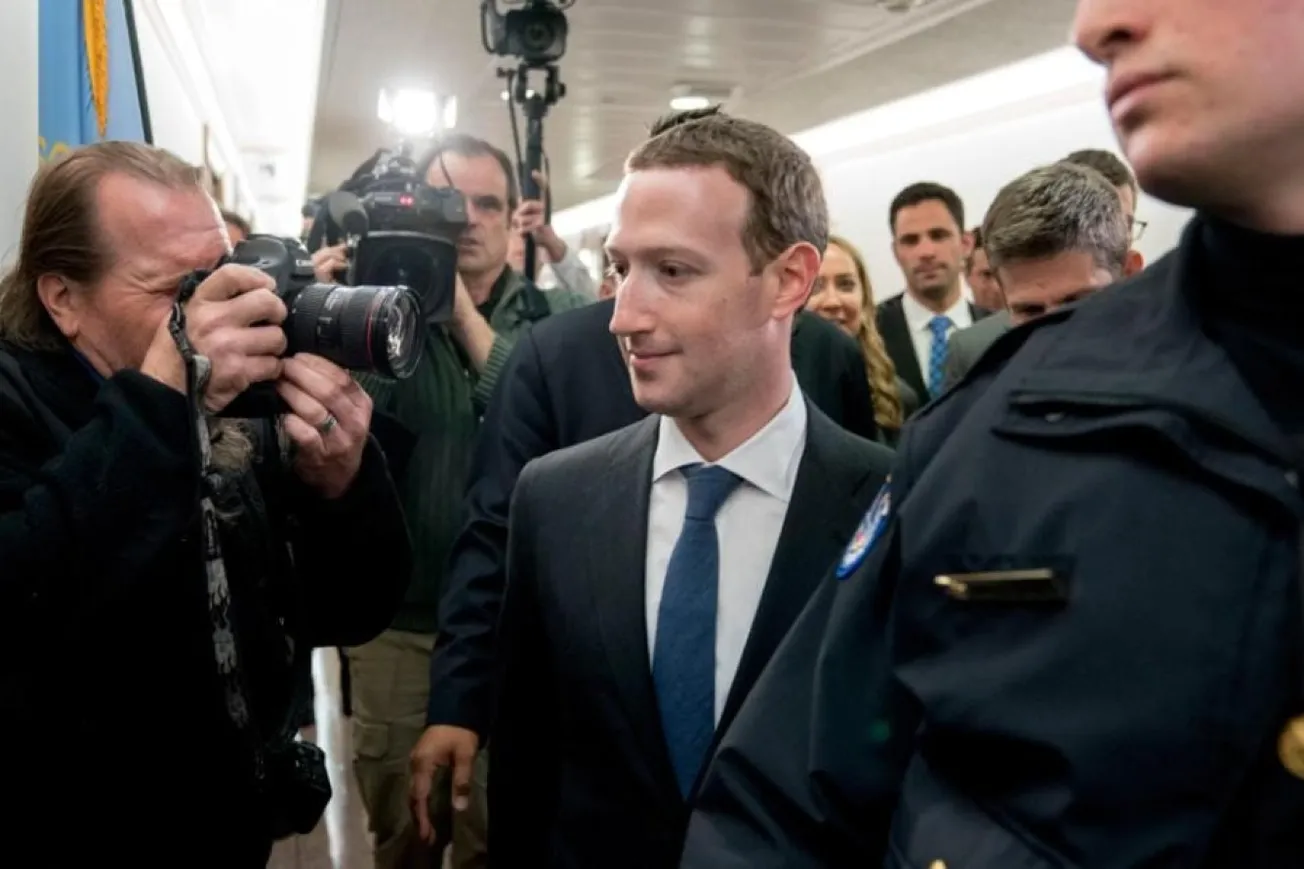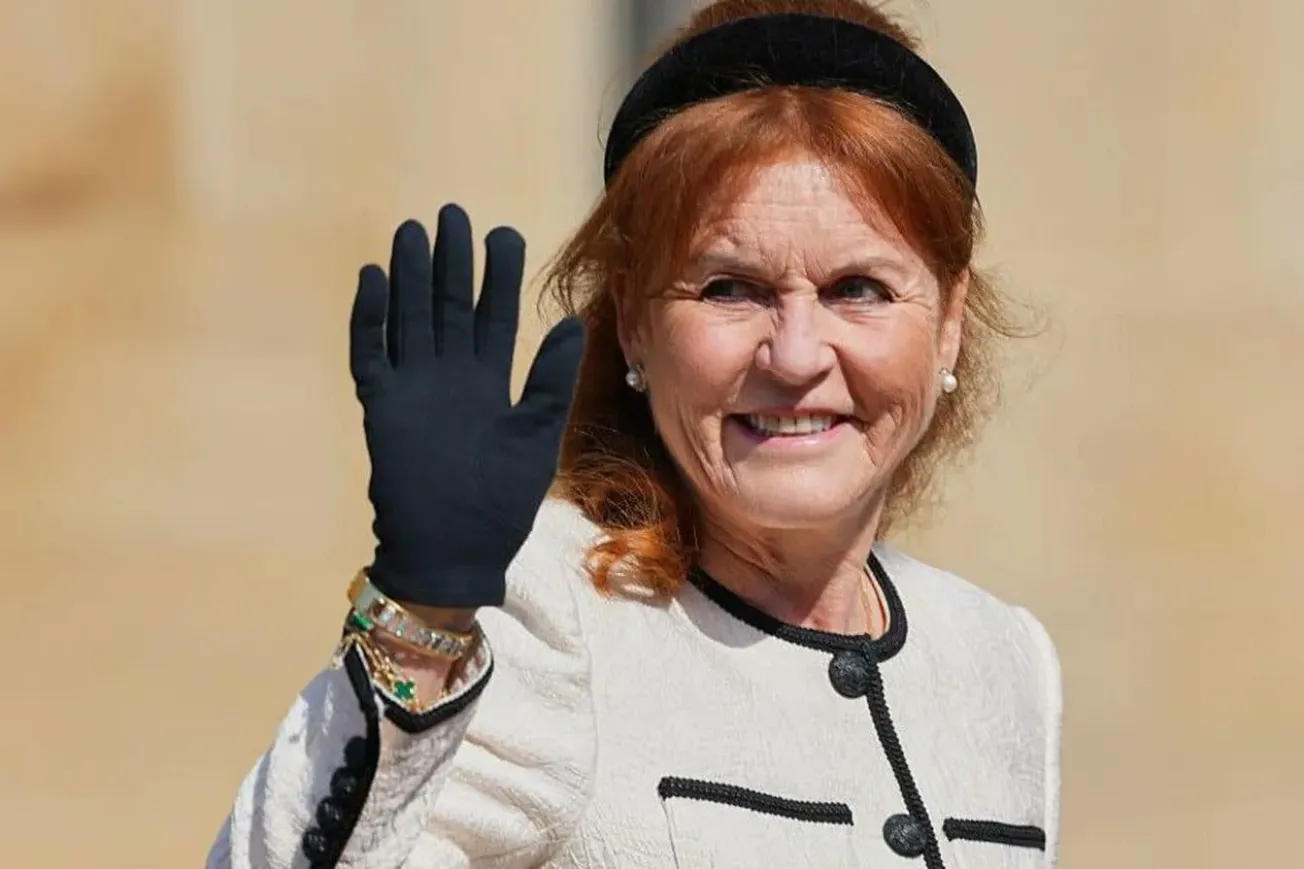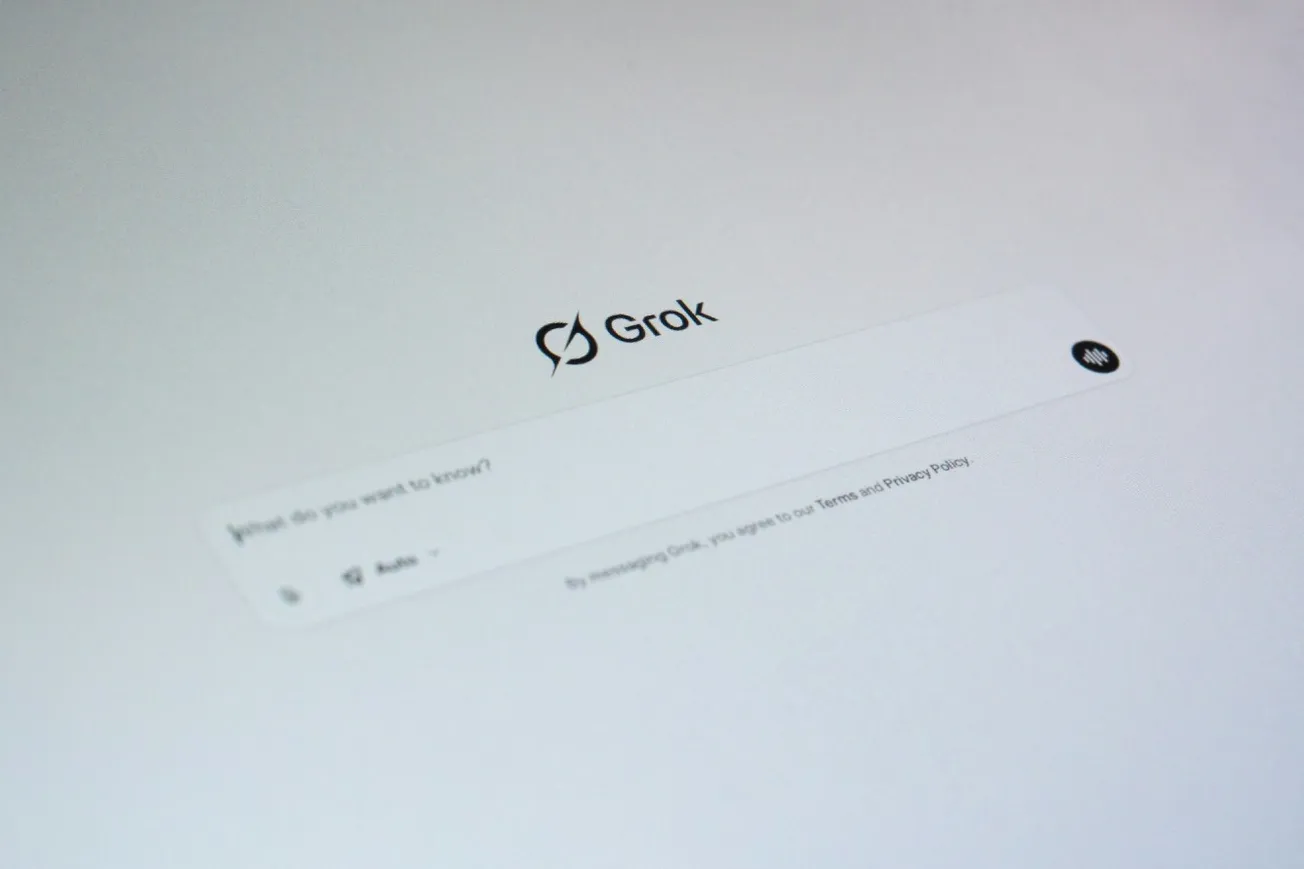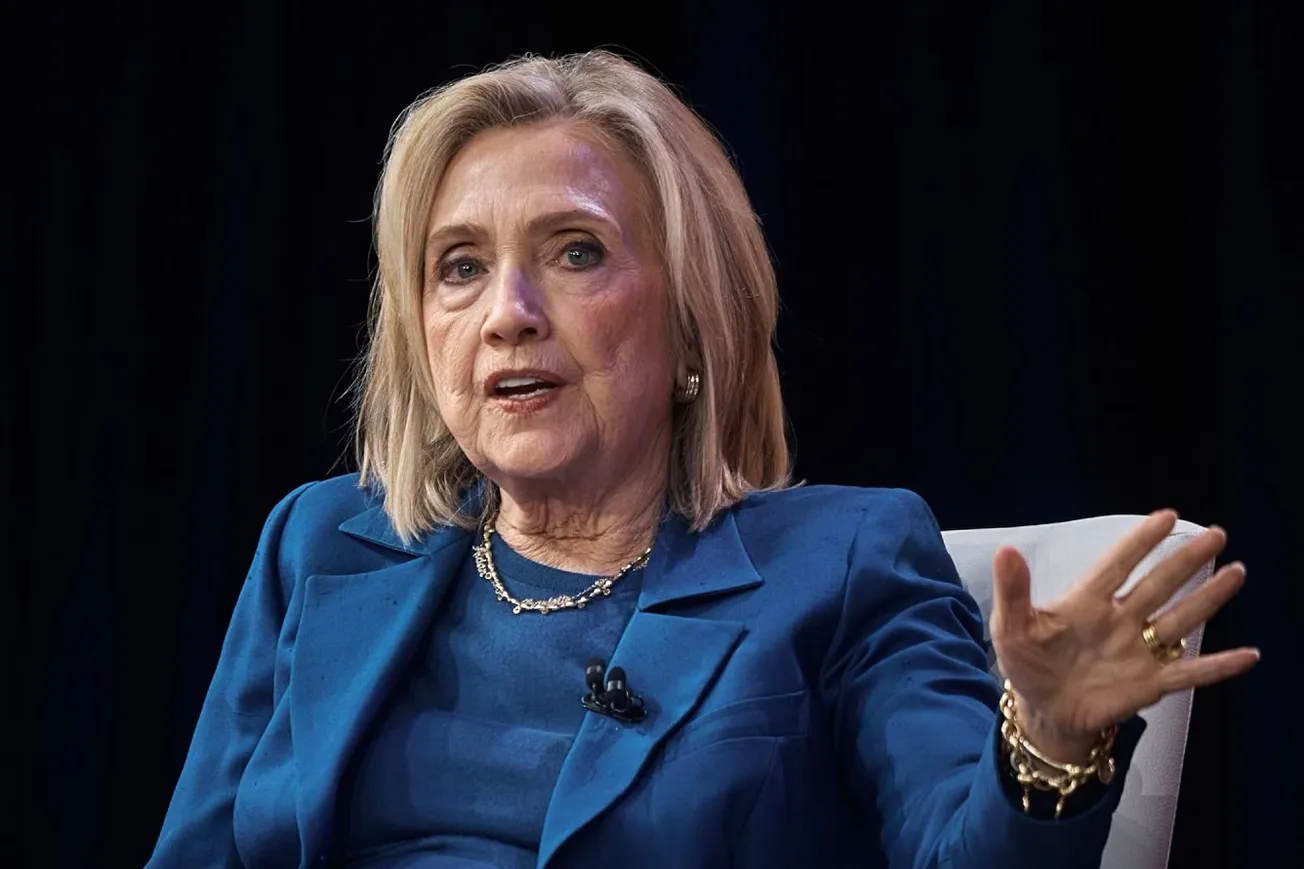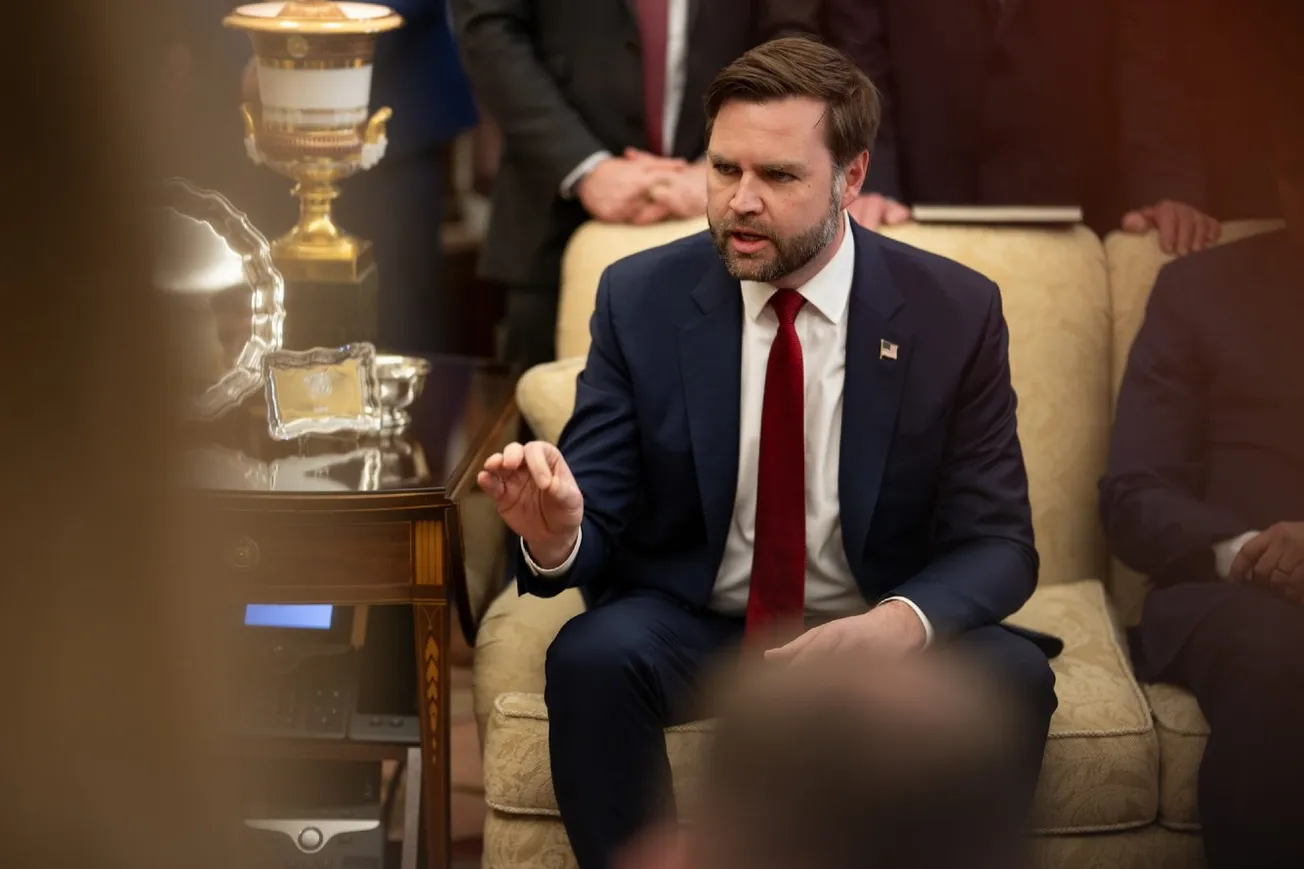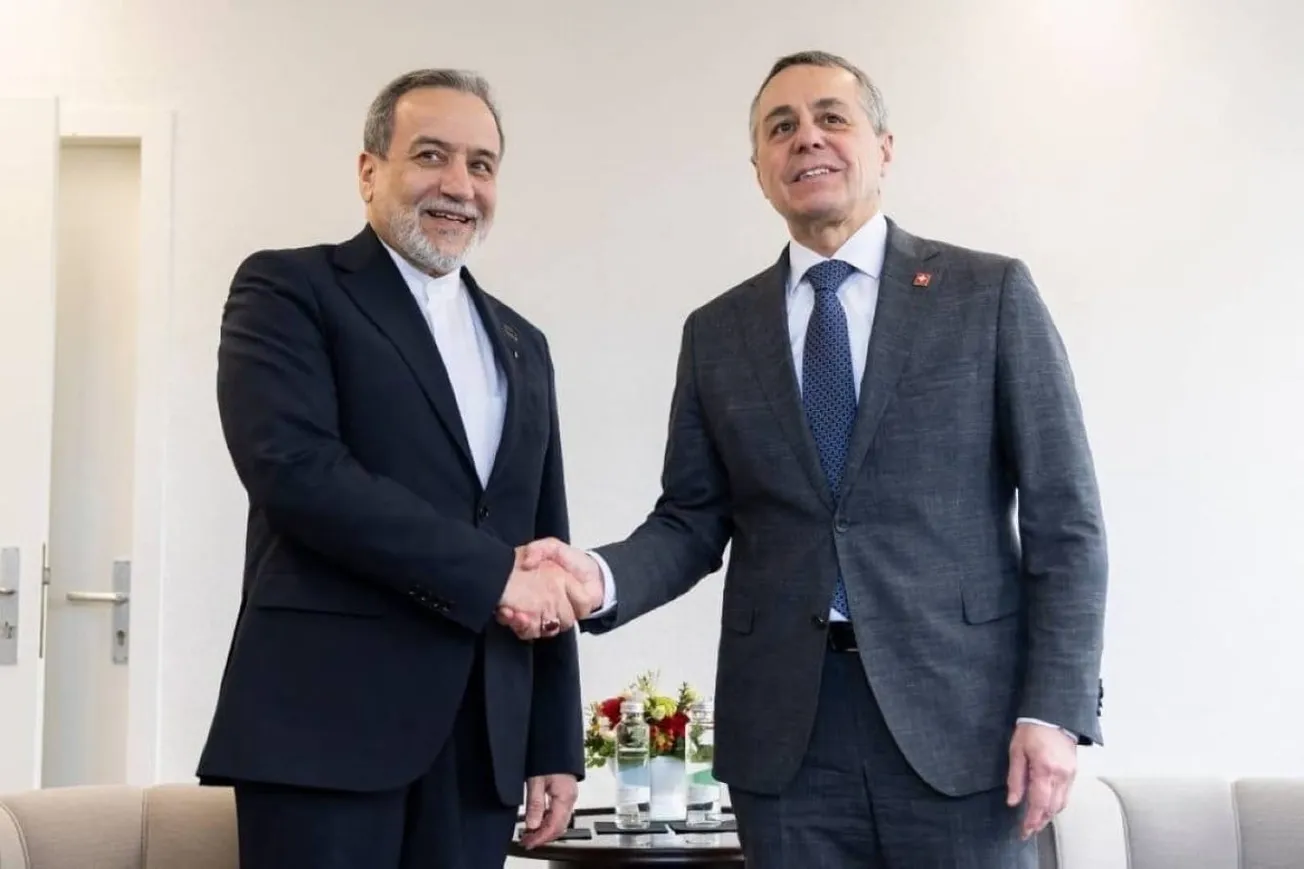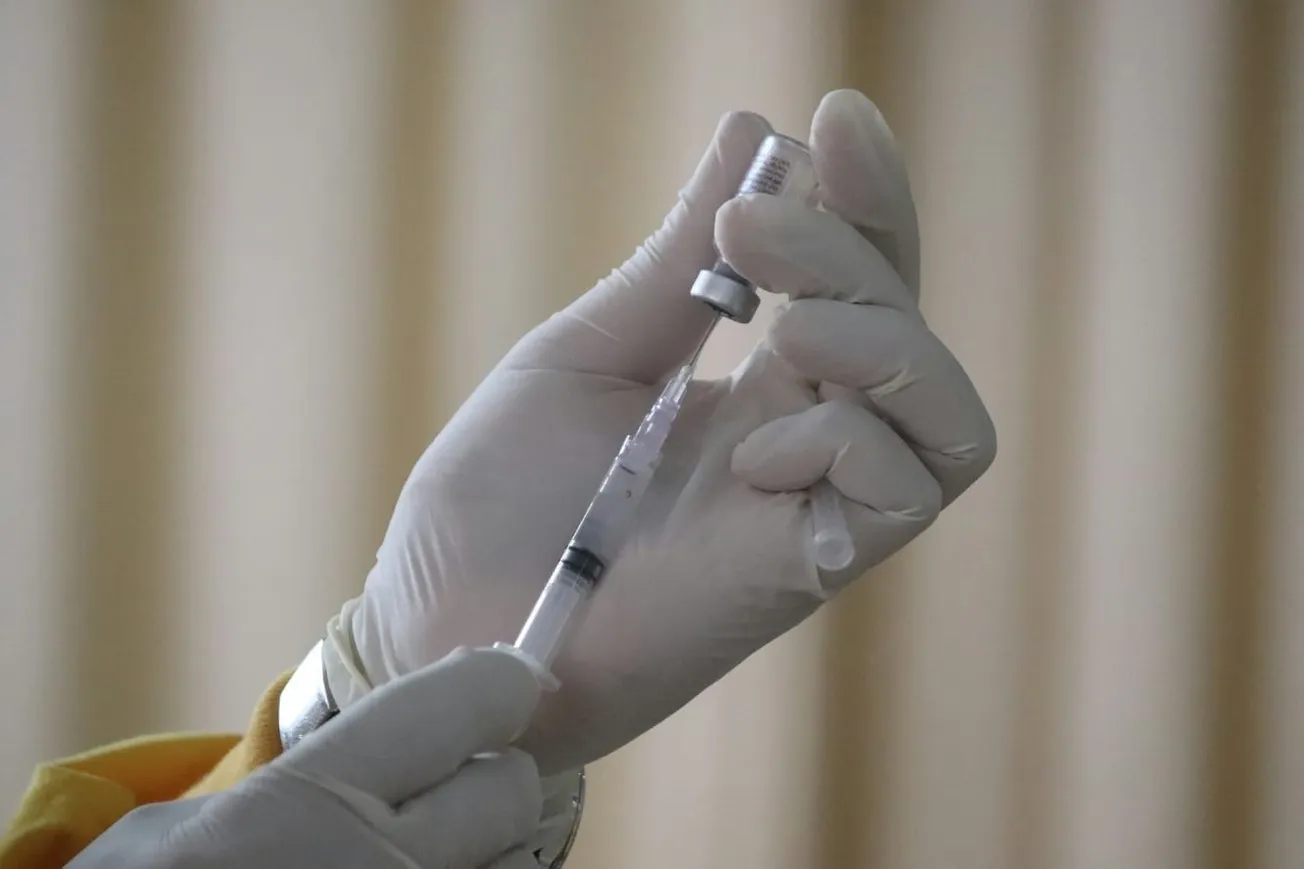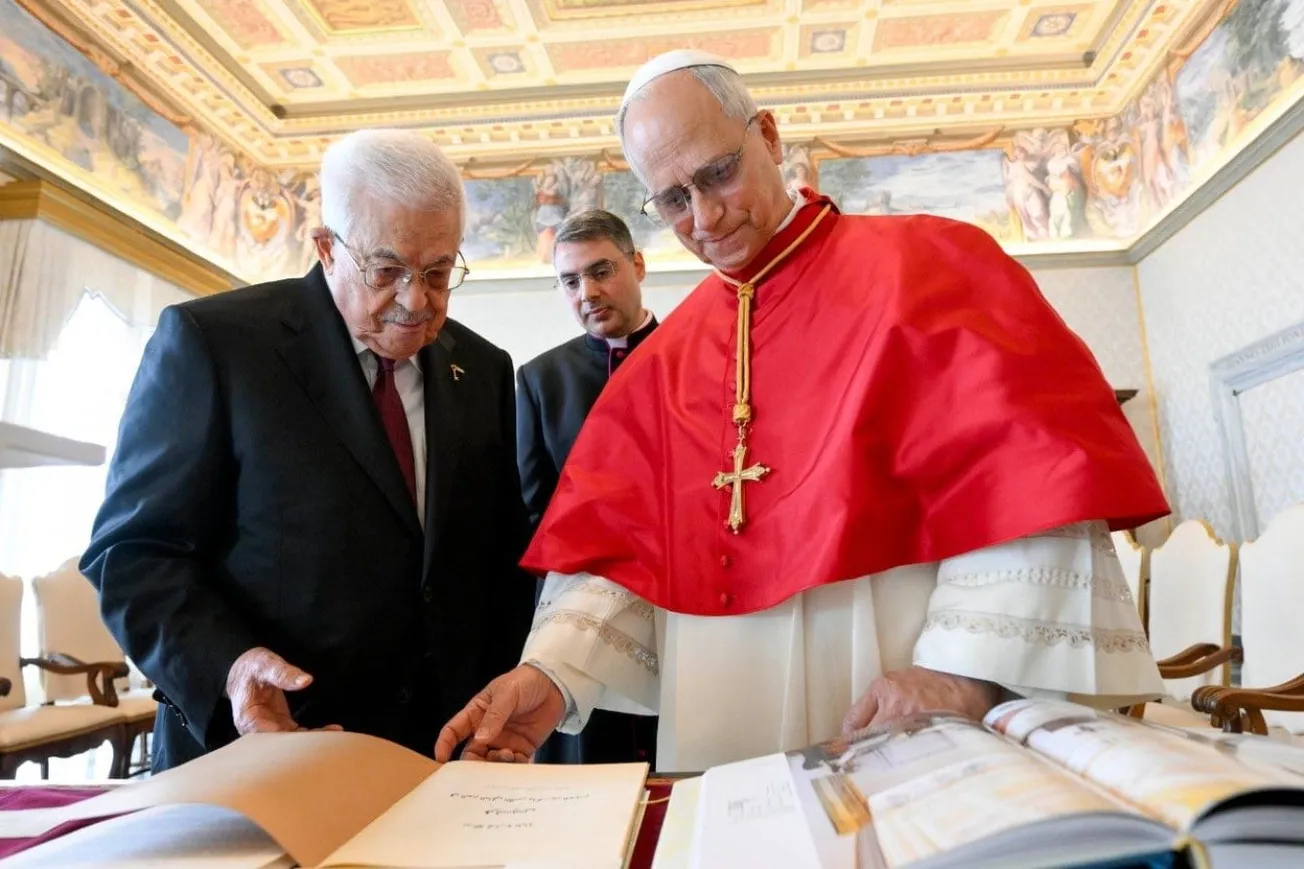We noted yesterday that a central part of Jack Smith's case revolves around the contemporaneous notes of Trump's defense lawyer Evan Corcoran, who joined Trump's payroll after Trump received a DOJ subpoena last year for classified documents at Mar-a-Lago.
Prosecutors generally entice witnesses to cooperate with their investigation in return for a reduced sentence or some other benefit. Corcoran, Smith's key witness, was never charged with a crime or accused of wrongdoing, so the idea of a reduced sentence is moot. How, then, did Smith force the defense counsel to cooperate with the prosecution and become the prosecution’s star witness?
According to the New York Times, Smith convinced an Obama-appointed judge, Beryl A. Howell, through a "prima facie" showing that Mr. Trump had committed a criminal offense. Using a rarely used legal maneuver called the crime-fraud exception, Smith then asked the judge to waive Trump's attorney-client privileges with his defense lawyer.
And incredibly, the judge granted Smith his request, opening up to the prosecution a treasure trove of confidential notes that Corcoran kept. Smith has built the entire case on those notes.
Smith's action reeks of prosecutorial overreach and the Trump team should vigorously pursue this line of defense when the case goes to trial. They should point out that Jack Smith's tactics clearly contradict what he said in his address to the media, "Our nation's commitment to the rule of law sets an example for the world. We have one set of laws in this country, and they apply to everyone."
The Constitution's Sixth Amendment guarantees the rights of a criminal defendant, including the right to a lawyer and the chance to view the nature of the charges and evidence against the defendant. Implicit in this guarantee is the attorney-client privilege that defendants enjoy, which Smith wants to deny Trump. We fail to see how Smith is treating Trump like everyone else under the law.
The Supreme Court, in U.S. v. Zolin, 491 U.S. 554, 562-63 (1989), clarified the rules around attorney-client privilege:
"The attorney-client privilege must necessarily protect the confidences of wrongdoers, but the reason for that protection–the centrality of open client and attorney communication to the proper functioning of our adversary system of justice–ceases to operate at a certain point, namely, where the desired advice refers not to prior wrongdoing, but to future wrongdoing. It is the purpose of the crime-fraud exception to the attorney-client privilege to assure that the "seal of secrecy" between lawyer and client does not extend to communications made for the purpose of getting advice for the commission of a fraud or crime."
What the Supreme Court is saying is that Trump's attorney-client privilege can be withdrawn if it can be shown that Trump's attorney, Corcoran, advised Trump on methods and means to further Trump's prior crime of mishandling more than 325 classified files - including some marked with Secret and Top Secret designations. We know that Trump hired Corcoran after receiving DOJ subpoenas and that Smith does not accuse Corcoran of any crimes. So how could Smith have convinced the Obama-appointed judge, Howell, that Corcoran intended to engage in future wrongdoing?
The Howell decision is supposedly under seal, but it was based on Smith's "prima facie" showing. Prima facie, by definition, is based on first impressions and accepted as correct until proven otherwise. At trial, the Trump team should vigorously attack the prima facie basis and argue that Howell's decision to deny Trump his attorney-client privileges is placing Trump below the law. They should then file a motion to exclude those Corcoran notes from evidence.
Also missing from the discussion is the idea of intent, a powerful concept in criminal law. Some have argued that prosecutors do not have to prove intent when the Espionage Act is employed, but that is precisely the point. What possible evil intent could Trump have had after he served as the nation's Commander-in-Chief for four years with absolute Article II powers to access classified information and declassify it?
Trump was surely cavalier about his approach, and possessing the nation's top-secret documents that were improperly stored could have harmed America. But the key word here is could.
Smith has not alleged that America was indeed injured, nor has he charged that Trump wilfully profited from those documents. Perhaps Trump wanted to hang on to them because he thought they were his to keep. In fact, Smith has not identified what he thinks Trump wished to achieve by holding on to the material.
Smith would be hard-pressed to convince a Florida jury that Trump acted with a wrongful purpose or that Trump sought to bring about a specific consequence through his actions. The Trump brand - Make America Great Again - is rooted in the America First movement. Jurors would find any action Trump took to deliberately hurt America a hard pill to swallow. When Trump's intent for performing a criminal act is unknown, how could Smith argue that Corcoran may have assisted him?
The Leftist media and the Never Trumpers cannot stop rejoicing at Trump's legal perils. But the case against Trump is just starting. Even Smith said that Trump is innocent until proven guilty. And, for Smith, proving guilt will become monumentally harder if the Trump team successfully gets the trial judge to void Smith's crime-fraud exception move.
Related tippinsights editorials:
Jack Smith's History Of Aggression May Weaken His Case
Six Strong Reasons Trump Will Come Out Ahead After All
Deep State vs. Trump: Persecution Through Prosecution
5 Reasons Why Merrick Garland Must Stop Lawfare Against Trump
Like our insights? Show your support by becoming a paid subscriber!

